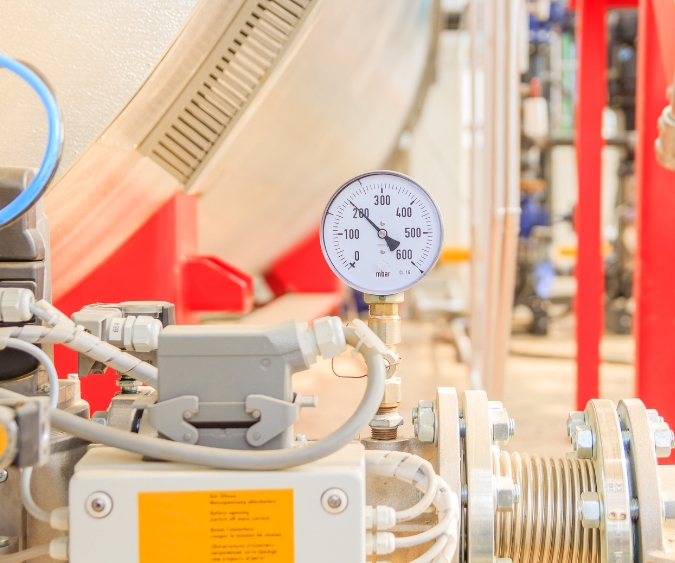We offer precise pressure calibration services to ensure your equipment performs optimally under operational conditions. Our technicians use advanced tools to calibrate pressure gauges, transducers, and other devices, ensuring they meet industry standards and deliver reliable results for your processes.
Our temperature calibration services are designed to optimize the performance of your temperature-sensitive equipment. We help ensure accurate temperature readings for systems such as ovens, furnaces, and refrigeration units, aligning them with international calibration standards to improve product quality and system efficiency.
We provide tailored calibration solutions to meet the specific needs of your industry. From routine checks to in-depth system evaluations, our expert technicians ensure all calibration procedures are fully compliant with ISO standards, maintaining the accuracy and reliability of your industrial equipment.

